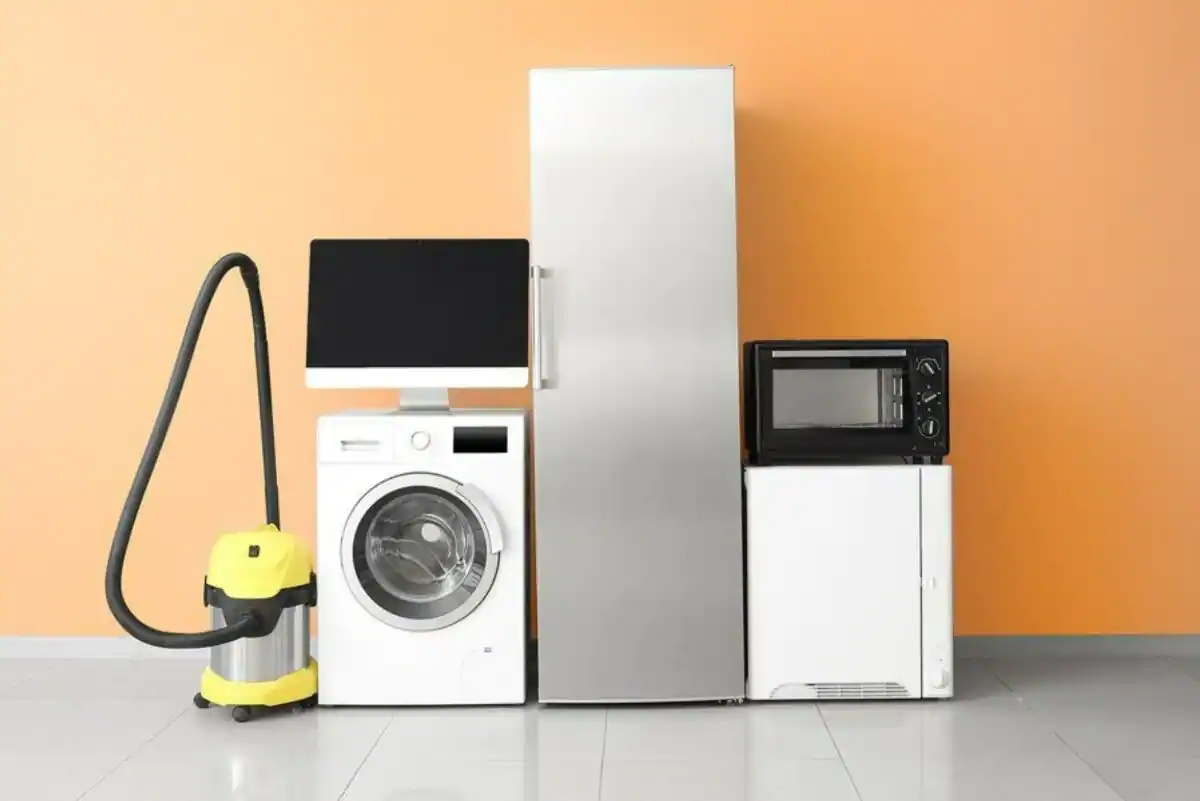In an era where environmental sustainability has become an urgent global priority, eco-conscious consumers are increasingly turning to eco-friendly appliances as a means to reduce their carbon footprint and promote sustainable living. These environmental champions are more than just household gadgets; they represent a commitment to a greener and more sustainable future for our planet. One of the key players in this movement towards eco-friendly appliances is the shift towards energy-efficient options. Energy-efficient appliances consume significantly less electricity compared to their traditional counterparts, thereby reducing greenhouse gas emissions and lowering energy bills. From LED light bulbs that use a fraction of the energy of incandescent bulbs to Energy Star-rated appliances that meet stringent energy efficiency criteria, these innovations have made it easier than ever for consumers to make a positive impact on the environment without sacrificing convenience. Water conservation is another crucial aspect of sustainable living and eco-friendly appliances have emerged to address this concern. High-efficiency washing machines, for instance, use less water per load, saving both water and energy in the process.

Low-flow faucets and showerheads are also making waves, as they limit water wastage without compromising on water pressure, thus striking a balance between comfort and conservation. These appliances not only reduce the strain on freshwater resources but also contribute to lower utility bills. The kitchen, often considered the heart of the home, is a prime area for eco-friendly innovation. Energy-efficient refrigerators, stoves and dishwashers not only help reduce electricity consumption but also minimize food waste through improved storage and preservation technologies. Additionally, many modern appliances are designed with materials that are easier to recycle, further reducing their environmental impact. Beyond the immediate benefits of energy and water conservation, eco-friendly appliances often boast smart features that empower users to make more informed decisions. For instance, smart thermostats enable homeowners to optimize their heating and cooling systems, while home energy monitors provide real-time data on energy usage, helping individuals identify areas where they can further reduce consumption.
These technologies not only reduce energy waste but also foster a sense of responsibility and accountability when it comes to environmental stewardship. Furthermore, the shift towards renewable energy sources, such as solar panels and wind turbines, has enabled homeowners to harness clean, sustainable energy to power their appliances. This not only reduces reliance on fossil fuels but also cuts electricity bills and allows homeowners to contribute excess energy back to the grid, promoting a more decentralized and resilient energy system. In conclusion, eco-friendly appliances are instrumental in the global effort to mitigate climate change and promote sustainable living. By embracing energy-efficient technologies, water-saving innovations and smart features, consumers can reduce their environmental impact while enjoying the convenience of modern living. As we strive towards a more sustainable future, these appliances serve as beacons of hope, demonstrating that we can make a difference in our daily lives through the choices we make.

